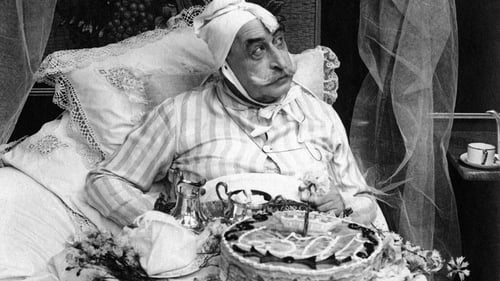
Landberg
Lena Bergström works in an office and is unhappily in love with her boss, Johan Borg. She decides to quit. Borg's wife won't have any children, and when she becomes pregnant she has an illegal abortion. For some reason, Lena's father believes that it is Lena who has had an abortion.

16-year-old Marianne will be confirmed. She is reluctant to do this, but her mother is more than happy for her to complete the confirmation. Marianne travels to a rectory in the country where she and a group of other girls will live while they read to the priest. On Midsummer's Eve, she meets by chance one of the other confirmands' fiancés and the feeling arises.

Toni
A series of family entanglements develop around the changing will of Roger Bernhuses de Sars (Karl Mantzius), who wants his heritage to go to his illegitimate daughter Blenda (Greta Almroth). But love and fate also plays their cards. One of the most surprising films of Sjöström, close to Stroheim and some of the silent comedies of Lubitsch. Belonging to the golden age of Swedish film, this comedy offers one of the earliest explorations of the relationship between masters and servants on the screen, later developed by French masters like Renoir and Guitry. After acting in the diptych of Thomas Graal, Sjöström shows that he also dominates the “light genre” as director.

Evald Sterner
Judge Evald Sterner and engineer Kai Falk are rivals for the beautiful Jesta Fridman, daughter of a rich banker. Jesta loves Kai Falk but her father prefers Sterner.

Gen. von Tillisch
"Suburban Priest". The film premiered on September 3 1917 at cinema Sture and Brunkeberg Theatre in Stockholm . The film was shot at the Hasselblad studio on Otterhällan in Gothenburg with exteriors from Gothenburg by Carl Gustaf Florin.



